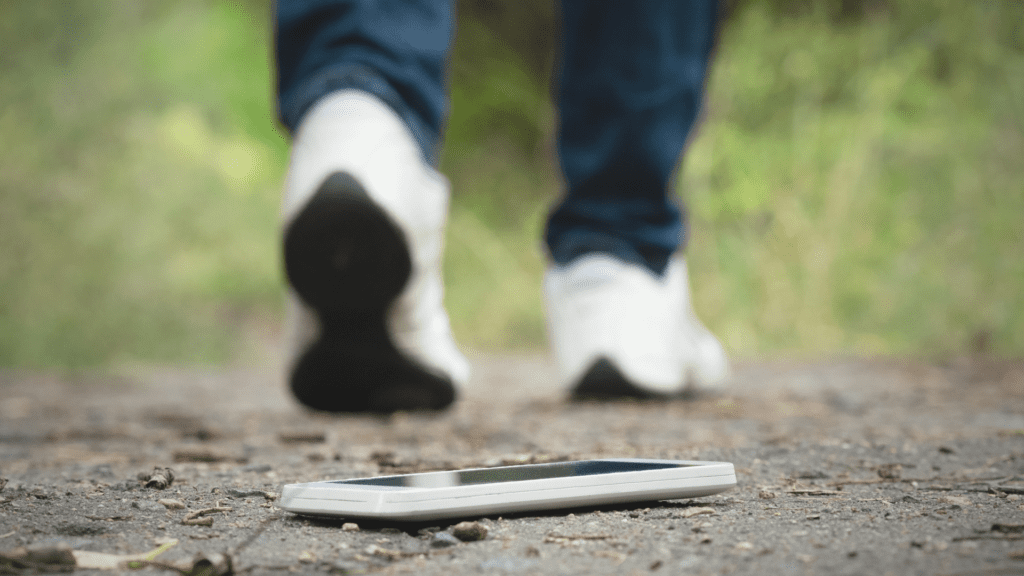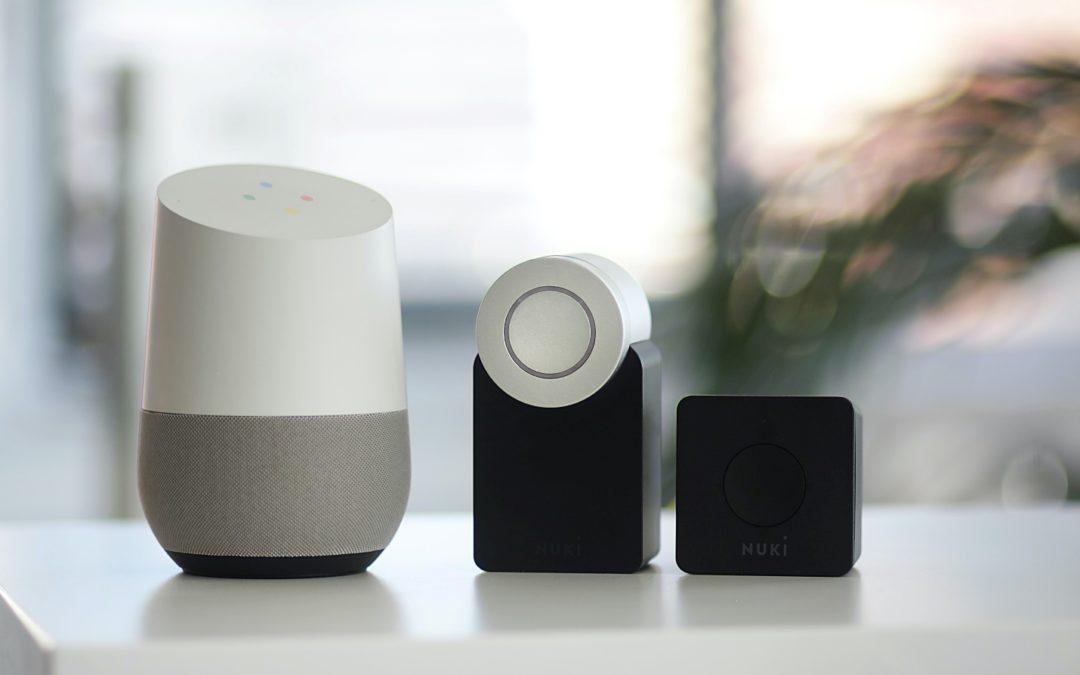Residential security has seen rapid advancements over the years. Video camera doorbells, CCTV monitoring, and motion detectors are all making people feel safer. This state-of-the-art equipment is allowing more technologies to integrate within. Smart locks are a product of these developments. Through the power of the internet, people can control and monitor their homes from the palm of their hands.
However, some homeowners are still fearful of the latest technologies. People often have misconceptions about things they don’t understand. Residential smart locks are a prudent technology that offers extra layers of security. Ultimately, your family members feel more secure, and so do you. In this article, we bust some of the myths surrounding smart locks. Some people falsely believe things that can lead them away from beneficial tools.
Here is the truth behind a few misconceptions that people have.
Misconception 1: Smart locks are prone to hacking.
Most modern appliances that are prone to cyberattacks carry encryption protocols. In layman terms, encryption is a data safety deposit box. The most sophisticated encryption to date is 256-bit, and residential smart locks use this technology. Thus, any personal information is under a strict lock that requires a digital key. Most hackers don’t have the technology to unlock these systems. High-end government agencies use similar protocols to encrypt their data.
Modern smart locks have complex internal security guidelines that make them almost impossible to hack. The effort that it might take a hacker to decrypt the data discourages them from even trying. A house under the guard of smart locks is secure. Unless a person inadvertently shares their secret PIN code with a cybercriminal, breaking the encryption on a smart lock is a near-impossible job.
Misconception 2: Traditional locks and keys are still safer than smart locks.
The technology aims to make life easier. Traditional tools today are becoming obsolete. Although a conventional lock and key have numerous benefits, they have run their course in time. It is much easier to pick these locks. Sometimes, all it takes is a few pins. Smart locks, on the other hand, are far more complex. Firstly, there is no fear of someone coming up with a few simple tools and unlocking your front door if there is a smart lock.
Secondly, residential smart locks are more than just your front doorbell. Manufacturers offer a variety of equipment like motion detectors and security cameras these days. Together, these devices form a comprehensive system. Moreover, all these parts are controllable through a smartphone. Smart locks are, therefore, a safer bet than traditional locks and keys.
Misconception 3: If I lose my phone, I won’t be able to enter the house.
Once again, this is far from reality. Most residential smart locks allow users to log in on different devices. Even if you lose your phone, you can use another to access the system. If it worries you that someone will find your phone and tamper with your smart locks, change the PIN code. This action is possible through the app or by calling the brand’s customer support helpline.

Misconception 4: Smart locks are difficult to install.
Most modern smart locks don’t even need professional installation. They are plug-and-play. Clip-on stands, or double side tape can make them stick to walls or door frames easily. Furthermore, with direct access to your smart device, you can adjust the camera angles accordingly.
Misconception 5: Modern locks don’t work during power outages.
Almost every smart lock has a stand-by battery. In case there is a power outage, they automatically switch to backup power. Even if the electricity is out for your home or area, you can still access the smart locks easily.
Convinced that you need a smart lock installed in your home? You can hire a residential locksmith for effective consultations regarding the system. Get in touch with Pro Locksmiths at (619) 728-9862.

